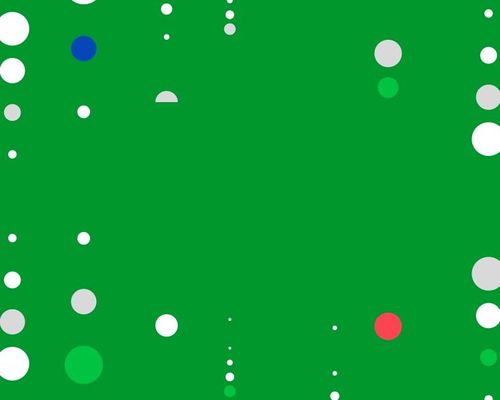Bringing healthcare to people's homes: the NUADU project
A virtual hospital and a home for 'assisted living' using an information and communication technology (ICT) system are just two of five pilot sites planned in the framework of a project entitled NUADU. The principle objective shared by the pilot sites is to improve long-term healthcare and well-being through networked ICT services. The applications and systems will be tested in everyday life.
The University of Sannio in Italy is one of 20 partners from five European countries tackling the technical challenges of networked healthcare. In collaboration with two Italian hospitals in the Campania region and the Italian IT company AtosOrigin, the university researchers are trying to create a sensor system that can monitor patients at home.
As diseases of the circulatory system are responsible for 42% of deaths in Italy, the scientists and developers are focusing on sensors that will observe a patient's heart rate and blood pressure, but will also factor in the patient's environment. This means that the systems will be aware of whether a patient's heart rate is increasing due to a circulatory anomaly or simply because the patient is running, Eugenio Zimeo from the University of Sannio tells CORDIS News.
He says that the virtual hospital will enter the test phase some time in 2008. Until then, the team is tackling some major challenges, says Dr Zimeo. 'From the technological point of view the challenges are related to the sensors, the size of the sensors and the ability to retrieve useful data. From the scientific point of view, the main challenge is to correlate different information coming from the body of a patient and from the environment in which the patient lives.'
NUADU and its pilot sites - presented on 18 and 19 October at the annual Information Technology for European Advancement (ITEA 2) symposium - want to develop 'end-to-end' systems. This includes developing sensor and actuator networks that collect data from the body as well as its environment. A second area of interest lies in the creation of mobile and home hubs - the actual gateways that link sensor networks through PCs, mobile phones or PDAs to services.
The third area is a web-based service platform incorporating databases, billing, authorisation and authentication. 'The kind of data that will be used will be rather private and sensitive data in some cases and the quality of the data that will be required sets quite high demands on the network and the services that they use; for example, the kind of data physicians might require when monitoring people's hearts from a distance,' NUADU project leader Ian McClelland from Philips Applied Technologies explains.
Mr McClelland thinks that some of the applications being developed in the framework of NUADU might be seen in the marketplace within the period of 2009/2010, shortly after the completion of the project itself. There are many elements embedded in these pilot sites, where technologies are quite advanced and may be implemented much more quickly, but not as a complete system, he adds.
Industry and academia from Finland, France, Italy, the Netherlands and Spain are involved in the NUADU project. It is partly funded by the ITEA programme, one of EUREKA's clusters. Established in 1999, the eight-year strategic pan-European programme ITEA is dedicated to coordinating pre-competitive research and development in embedded and distributed software. ITEA's task is to link finance, technology and software engineering at European level. This year alone, 45 projects are being carried out under the aegis of ITEA 2, worth a total of ¿740 million in investment volume.
Further information, please visit:
http://www.nuadu.org/



